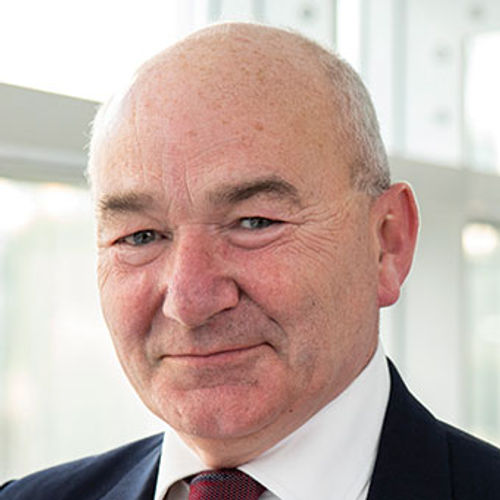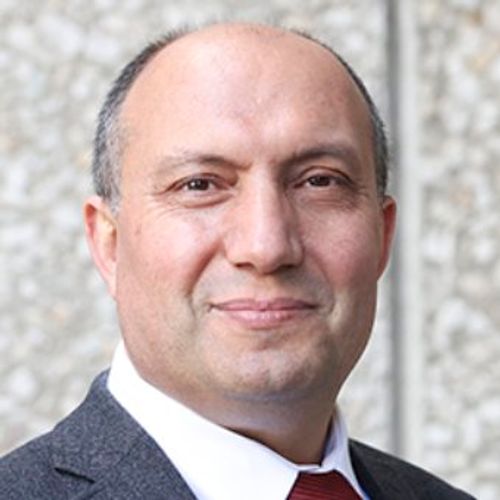Overuse of the term "overtourism" is leading to what travel experts call a generalization of specific problems that arise in tandem with a destination's tourism success.
And this generalization, experts say, may be the reason for a lack of effective solutions to address the specific concerns of locals as tourism continues to grow in their destinations.
An anti-tourism protest in Barcelona last month, led by residents frustrated with rising housing costs, is a prime example.
Residents there were targeting the negative impact short-term rentals have had on the quality of life in certain neighborhoods. But the signs they carried, the chants that echoed through the city center and the unsuspecting travelers sprayed with water guns as they dined on outdoor restaurant terraces all pointed to tourists as the cause of the problem.

Tom Jenkins
That narrative was picked up by local and international media outlets that dubbed the protest as one against overtourism, which Tom Jenkins, CEO of the European Tour Operators Association, called an overgeneralization.
"Overtourism is a sort of blanket phrase for a whole series of different phenomena, which differ city to city," Jenkins said.
Cevat Tosun, professor of tourism studies and management at George Washington University, said that by definition, overtourism means attracting too many visitors to a destination during a certain period and to a degree that significantly reduces the quality of life for locals and visitors.
But in Barcelona's case, Jenkins said, there are two separate phenomena at play: One is overcrowding, which has more to do with overtourism in the traditional sense, and the other is economic impact, which may be influenced by the success of tourism but is not the only contributor.
"A lot of the problems that people perceive are caused by tourists are caused by other factors, of which tourism is a part but may not even be the main factor," Jenkins said, pointing to examples like gentrification, which can result in the economic displacement of longtime residents who are priced out of their communities that have attracted new and wealthier groups who raise the value of the area as prices increase.
"The fact that more money is coming in means that the people who used to be able to afford to live there find it increasingly difficult to do so now," he said.
The overuse of overtourism as a blanket term is leading to what some experts call a misdiagnosis of the problems residents and destinations face that are related to, but not solely caused by, tourism.
Tosun likened the issue to when someone goes to the doctor: When a person has a medical problem, a doctor diagnoses the illness and recommends treatment accordingly, he said.

Cevat Tosun
In the case of what people are calling overtourism, he said it is often an oversimplification, or mislabeling, of issues that are not being accurately diagnosed and then treated. Such is the case when looking at the response of local governments, which are often under pressure from residents to enforce measures to fix their tourism-adjacent problems.
Jenkins said that response often ends up being a "knee-jerk" reaction by local lawmakers. Examples this year are the ban on motorcoaches in the city centers of two major cities, Amsterdam and Paris: Amsterdam's ban went into effect this year, and Paris' will take effect in the fall.
"There's a sort of misplaced, almost knee-jerk reaction, against group tourism," Jenkins said, adding that lawmakers and residents have increasingly targeted the hallmark signs of tourism -- tourists, buses, groups -- in their fight against the consequential impacts of successful tourism.
"Groups and coaches are, by their very nature, quite conspicuous," Jenkins said, but they also stay together and are taken to specific places as well as help reduce the number of cars on the road.
"If you want people to be controlled the right way, you want them coming in packs on a vehicle with low carbon emissions." he said. "These are the sort of people you want to have if you have overcrowding, but these are the first things that people ban because, I think, it's conspicuous."